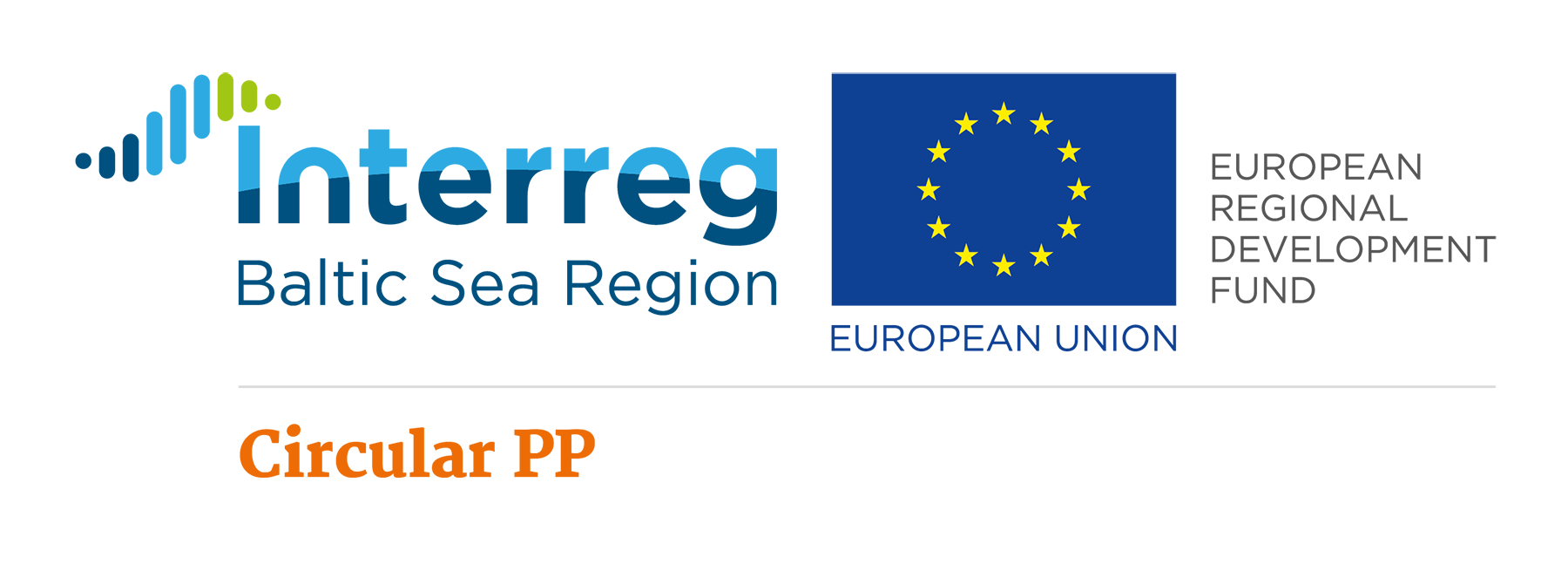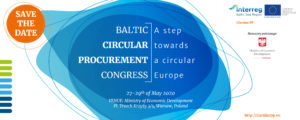The ‘Circular Economy’ is a concept that is already known in Russian practice. Circular economy is commonly understood as ‘economic and production system, which aims to restore resources and to make each of the products and materials to be of the most of use’.
In many countries circular economy have come to replace the linear economy (Take-Make-Waste principle), that starts with extraction of resources and ends with waste. The main focus of attention in the circular economy is to prevent waste generation and increase the reuse of product and materials to minimize the product value destruction. Given the increasing deficit in natural resources, waste accumulation, environmental pollution, climate warning, a transition to a new economic model that minimizes the use of primary natural resources, maximizes the usefulness of raw materials and prolongs products’ life cycles, thus reducing waste volumes and landfills, is required. One of the core ideas underlying the circular economy is not just about reducing the waste at the end of the product lifecycle, but to apply innovations on all the steps throughout the value-added chain/ Already at the stage of designing a product it is necessary to apply technologies that allow minimization of new raw materials and energy use and increase share of reused materials and products. This is how a ‘closed loop’, that maximizes the value added throughout the product life cycle, is creates.
Given the buying power of state, circular public procurements is one of the mechanisms that can be used to facilitate the implementation of circular economy principles and closed loops creation. This article provides a short overview of existing circular public procurement models and possible circular criteria used in public procurements.
The article is available to read in Russian here.



